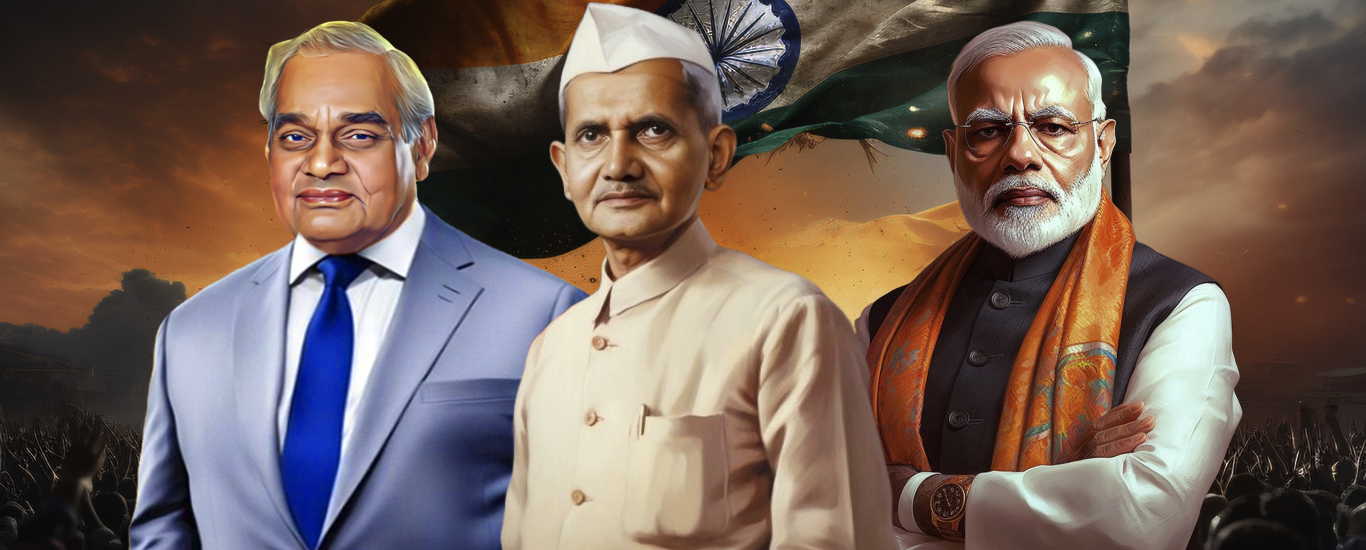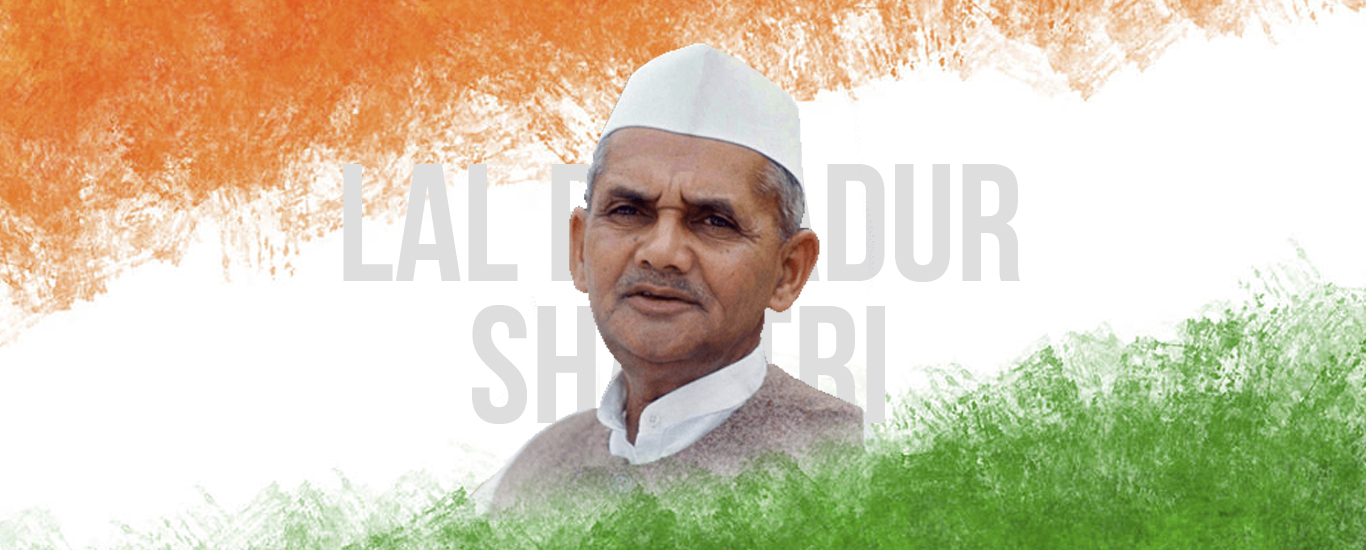Indian Prime ministers from Uttar Pradesh (UP)
The Prime Minister is the head of the executive branch of the Government of India, a person with a lot of responsibilities. His position is different from that of the President of India. As India follows a parliamentary system, most of the executive powers are done by the Prime Minister. The president appoints the Prime Minister. The Prime Minister acts as an advisor to the President and is the leader of the Council of Ministers.
Some great Prime Ministers who changed the phase of India are from Uttar Pradesh. Let’s take a look at some of the famous Prime Ministers who were from Uttar Pradesh.
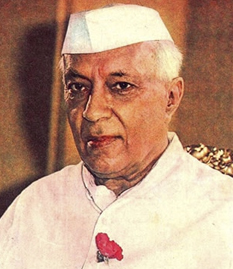
1. Jawaharlal Nehru
14th November, The first Prime Minister and the central figure in Indian politics Jawaharlal Nehru was born in Allahabad in British India. He is also known as Pandit Nehru and has his roots with the Kashmiri pandits. Many Indian children knew him as Chachajhi. Paramount leader of the Indian Independence movement and considered to be the architect of the modern Indian nation-state. He served twice as the President of the Indian National Congress during the Independence struggle. He described his childhood as such sheltered an uneventful one he grew up in an atmosphere of privilege at wealthy homes including a palatial estate and he was home tutored.
He served India for nearly 17 years and laid the foundation of democratic government and a pure nationalism. From the highest in the land to the humblest there is abiding affection for him because everyone knows what his lifetime of service and selfless dedication has meant to them.
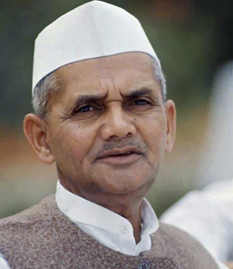
2. Lal Bahadur Shasthri
Lal Bahadur Shastri was born to Sharada Prasad Srivastava and Ramdulari Devi in Mughalsarai on 2nd October 1904. He did his high school in Varanasi, Uttar Pradesh.
Due to his service in politics, following India’s independence Shastri was chosen as parliamentary secretary in his home state Uttar Pradesh. On 9th June 1946, Lal Bahadur Shastri was appointed as the 2nd Prime Minister of India. He promoted the white revolution, a national campaign to raise the production and supply of milk by supporting the Amul milk cooperative. He also promoted the green revolution.
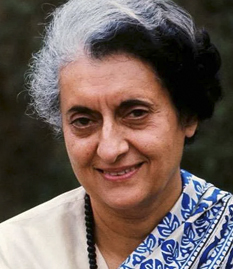
3. Indira Gandhi
Born into a political family Indira Gandhi rose through India’s political system until she became the first and only Prime Minister of India. Indira Gandhi was named Indira Nehru and was born on November 19th, 1917, in Allahabad, the state of Uttar Pradesh India. She was the firstborn child of Kamala and Jawaharlal Nehru who were no ordinary family. She has served as the 3rd prime minister of India. She became the prime minister from January 1966 to March 1977 and again from January 1980 until her assassination in October 1984. This made her the second longest-serving Indian prime minister after her father.
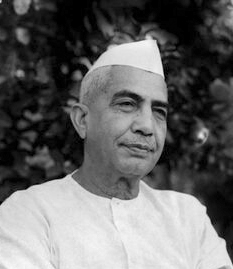
4. Chaudhari Charan Singh
The fifth Prime Minister of India serving from 28 July 1979 to 14 January 1980 Chaudhari Charan Singh also known as the leader of Indian farmers Chaudhary Charan Singh was born on 23 December 1902, in Hapur, Uttar Pradesh. He considered casteism to be the root of slavery and that the country cannot achieve equality and prosperity with the prevalence of the caste system. He followed the famous slogan ‘Jai Jawan Jai Kisan’ which was given to the farmers by Lal Bahadur Shastri, the second prime minister. He was a very flourishing author and disclosed his feelings on farmers and their issues and remedies.
He enclosed several policies to enhance the condition of farmers during his tenure. Chaudhary Charan Singh is credited to invent and execute the well-known Zamindari abolition act. He passed away on 29 may 1987. His Memorial is located in New Delhi known as ‘Kisan Ghat’. In memory of Chaudhary Charan Singh his birthday is celebrated as national farmer’s day or Kisan Diwas in India every year.
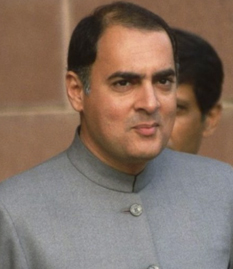
5. Rajiv Gandhi
Served as the Seventh Prime Minister of India. From 1984 to 1989, Rajiv Gandhi led the country. After the 1984 Assassination of Prime Minister Indira Gandhi his mother, he took office. Rajiv Gandhi was the youngest Indian Prime Minister. Rajiv Gandhi was born on 24th August 1944 in Mumbai. Rajiv Gandhi received his education both from India and abroad. He married Sonia, an Italian. He was blessed with two brave children Rahul Gandhi and a daughter Priyanka Gandhi.
Rajeev was a perfect leader. Never lost his courage in any circumstance. He was a man with determination. If he decides something he is stuck to his ground firmly. He always dreamt about an India that has developments and computerization.
On May 21 1991, Rajiv Gandhi fell to the assassin’s bullet near Madras.

6. Viswanath Pratap Singh
Singh was mostly called VP Singh, who was born on 25th June 1931. The third child of the royal household of Dahiya on the banks of the ancient Belan River in Allahabad, Uttar Pradesh. But fate had different plans for him. He was shortly adopted by Raja Gopal Singh of Manda and at the young age of 10 and ascended The Manda Throne in 1941. From Colonel Brown Cambridge School, Dehradun, and Pune universities he completed his education.
Singh became a member of the legislative assembly of Uttar Pradesh in 1969 as a member of the Congress Party. He was posted as the chief minister of Uttar Pradesh in 1980 by Indira Gandhi. He controlled hard-on dacoity as the chief minister, an issue that was very severe in the rural districts of South West Uttar Pradesh.
On 2 December 1989Singh was declared as India’s prime minister. Only for less than a year, Singh was in the office from 2 December 1989 to 10 November 1990.
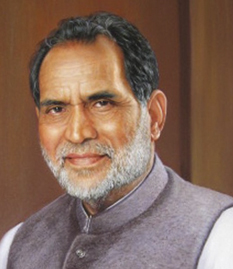
7. Chandra Shekhar
Chandra Shekhar was from a farmer’s family in village Ibrahimpatti in district Ballia, Uttar Pradesh born on July 1, 1927. He became the president of the Janata Party from 1977 to 1988. He came from a poor farming family and attended Allahabad University. He was called a firebrand in student politics and stepped into his Political career with Doctor Ram Manohar Lohiya after when he had completed his graduation he became active in socialist politics.
In January 1965, he joined the Indian National Congress. In 1967 he was elected as the general secretary of the Congress parliamentary party. On 10 November 1990, he became the Prime Minister. Chandrashekhar served as Prime Minister only for 7 months, the second shortest period after that of Charan Singh. Chandra Shekhar died on 8th July 2007 a week after his 18th birthday.
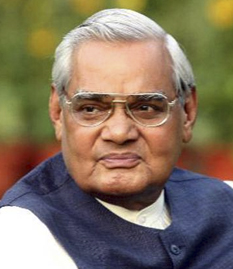
8. Atal Bihari Vajpayee
Atal Bihari Vajpayee born on 25 December 1924 was an Indian statesman who led three terms as the prime minister of India. The first period included days of 13 in 1996, then next was a term of 13 months that is from 1998 to 1999, followed by a full period from 1999 to 2004. He became one of the senior leaders and a co-founder of the BJP (Bharatiya Janata Party). He was a fellow of a Hindu nationalist volunteer organization, Rashtriya Swayamsevak Sangh. Vajpayee became the first to serve a full term in office as Indian prime minister, not of the Indian National Congress. He was also observed as a poet and a writer. He died on 16 August 2018.

